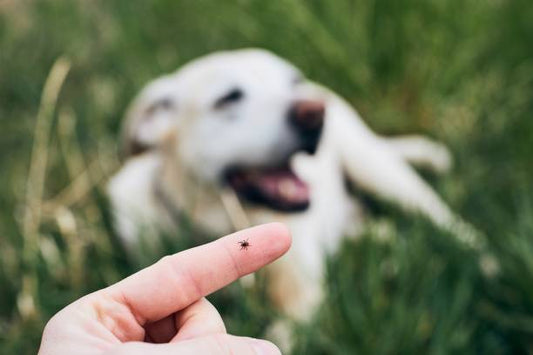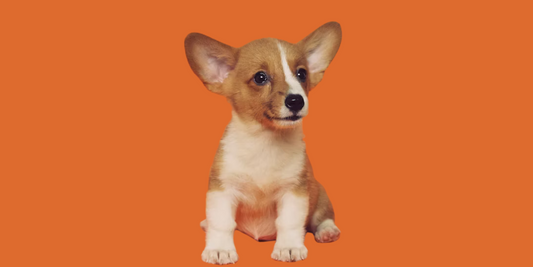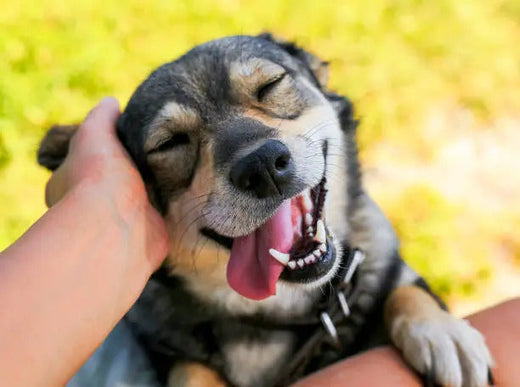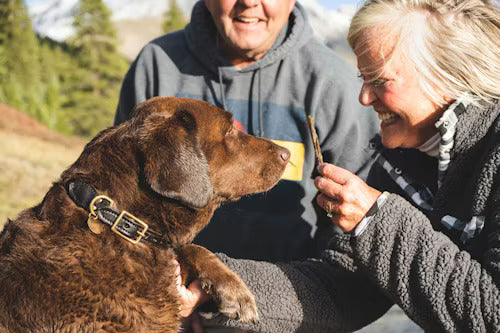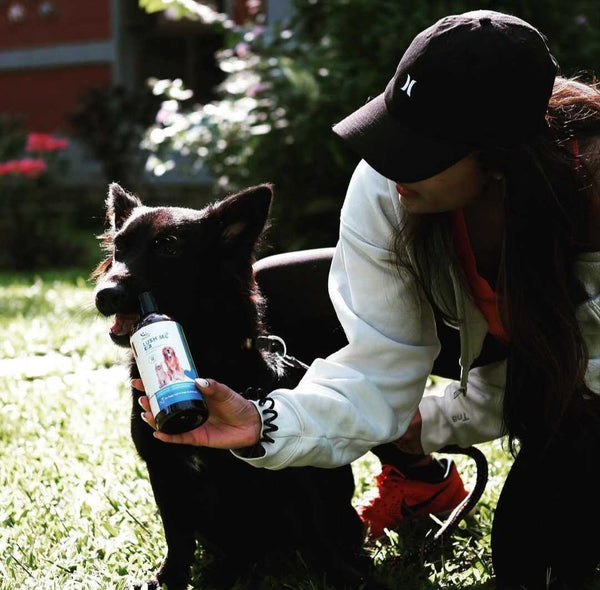
You’ve probably heard this a million times: A dog is man’s best friend. You often treat your pet pals like your children, your very own fur babies. Just the way it is imperative to comprehend the behavioral patterns of your toddlers, it is important to understand some common behavioral signals that your pooches give out.
So if you’re wondering why your furry friend suddenly goes into a barking fit or pulls at the leash, almost choking himself during walks, or does any of those baffling things that you can’t make sense of, these four common dog behaviors might give you the answer.
1. Excessive Barking

As your furry buddy grows older, it's quite common for them to start barking more often. It is also pretty normal to catch your paw pal barking excessively at a stranger or an undetected noise.
They can bark out of possessiveness when a new person or dog enters what they consider their territory. Also, if left alone or when ignored, they can bark excessively out of separation anxiety. Excess barking could also be a sign that your paw pal needs some attention.
2. Paw Licking

Paw licking could be the result of many reasons, viz. injuries, allergies, insect bites, a thorn, or even a broken nail. So, check if your pooch has a wound that might be causing this behavior. In that case, wound healing sprays and ointments can take care of the problem.
However, there may be other underlying reasons for this behavior too. Dogs that have pent-up energy may also resort to releasing their frustration by aggressively licking or chewing their paws. Anxiety also may lead your pup to lick their paws as a means to relax. You can think of this behavior as the human equivalent of nail-biting.
3. Pulling on the Leash

Often, your fur buddy lugs at his leash merely because your pace are slower than his. They are curious creatures and excited to explore and investigate the new sights, smells, and sounds of
their surroundings. As dogs love rewards, pulling to explore uncharted territory is a reward in itself for your fur buddy. Nonetheless, he might also pull away to escape a terrorizing stimulus.
4. Eating Grass and Vomiting

In case of indigestion, several dogs eat grass so that the long blades of grass can tickle their stomachs and eliminate the bad food through the process of vomiting. Additionally, it could also have psychological implications of an existing ancestral habit because before being domesticated, dogs lived in the wild where wild berries and shrubs were a part of their diet.
Eating grass can give your fur buddy the fiber he needs to process food appropriately, so it’s not always a thing to worry about.
Your ability to understand and satisfy the requirements of your fur-baby plays a pivotal role in his mental and physical well-being. As nothing makes a pet parent happier than seeing their fur babies happy, tending to your pooch’s needs is self-rewarding too.


